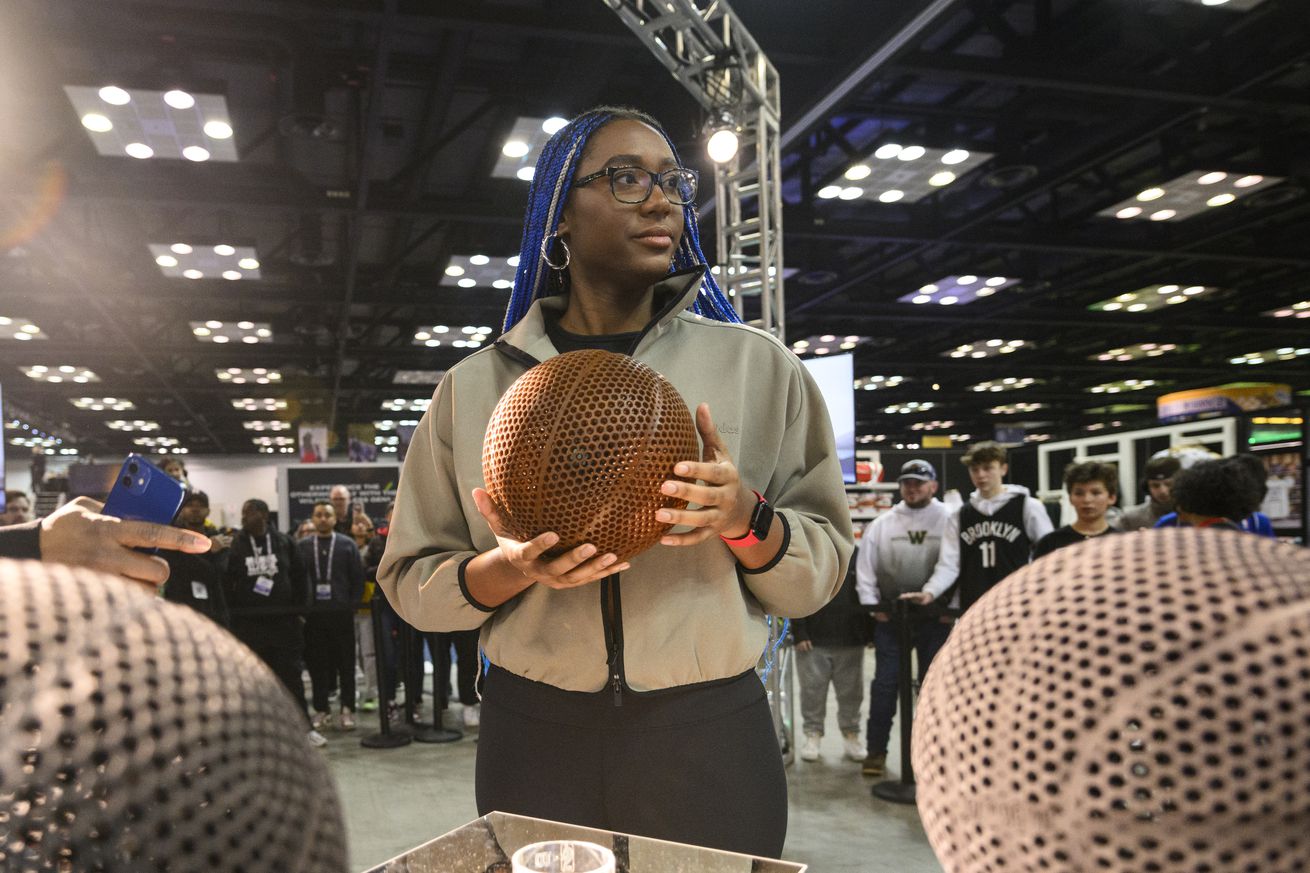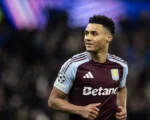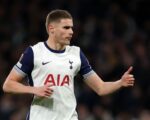
The conversation about NIL is full of misconceptions and misunderstandings. Hear the truth about NIL from Paige Bueckers, Aliyah Boston, Nneka Ogwumike and Sue Bird, who had an exclusive conversation about the subject for TOGETHXR.
“Yeah, give them what they deserve.”
That’s what Nneka Ogwumike, president of the WNBPA and one of the newest members of the Seattle Storm, says about NIL deals in an exclusive conversation organized by TOGETHXR. UConn’s Paige Bueckers, the Indiana Fever’s Aliyah Boston and WNBA legend Sue Bird joined Ogwumike for the GET TOGETHXR: NIL Roundtable Special.
Although one of the hottest topics in sports, NIL also is one of the most misunderstood. Bird, Ogwumike, Boston and Bueckers get to the truths about the impact of NIL on women’s college basketball. As Bueckers says during the conversation, “I think it’s interesting how everybody thinks they know everything and they think they know our private business.” Bird and Ogwumike, who hooped for UConn and Stanford, respectively, in the pre-NIL era, chat with Bueckers, who has signed several high-profile NIL deals during her tenure at UConn, and Boston, who experienced college basketball both with and without NIL during her time at South Carolina.
The conversation elicits a number of enlightening perspectives, including:
- Ogwumike reflects on the burdens that come with the benefits of NIL deals, thinking about how she would have navigated the challenge of balancing NIL-related appearances and endorsements with academic responsibilities. She says, “I don’t know if I could have shouldered everything to keep it balanced.”
- Bird and Ogwumike recall the stigma that once surrounded transferring, with Ogwumike contrasting that to the “autonomy” that now defines college athletics, where “players determine the forecast of what’s going on in college sports right now.”
- The four discuss the distinction between NIL valuations and actual earnings, focusing on the inaccuracy of social media posts that claim to reveal the “worth” or “value” of an Aliyah Boston or a Paige Bueckers. As Boston bluntly said of valuation, “It’s like fraud.” Ogwumike then articulates the often-insidious implications of such posts, asking, “What is the intention of putting the valuation out there? Is the intention to show that we’re valuable? Or, is the intention to prove the point—that isn’t true—that we’re not? You know? And I think that is just a part of the narrative of pitting women against each other, demeaning women in sport.”
- The group clarifies the misconceptions around college athletes “losing” NIL deals when entering the WNBA. Bird affirms, “The difference between NIL and endorsement…is there is no difference.” Instead, college players will gain a WNBA salary and, in all likelihood, expand their endorsement portfolio once they become professionals. As Ogwumike puts it, “If you continue to be good in college and in the W, I’m pretty sure that those partnerships will not only bridge but also grow because you now are actually less restricted…and you probably have more of a landscape to be able to do more, have more investments, have more brand partnerships, have more deals.” Speaking to the misconceptions, Bueckers bemoans, “It’s really not that hard to educate yourself, but it’s like people create these narratives in their head and it’s so hard to undo it.”
- Asked by Bird if NIL influenced her decision to return to UConn, Bueckers asserts, “0 percent. It wasn’t about that at all,” instead emphasizing her desire to fully enjoy the college basketball experience. Bird then asks Boston if NIL had any impact on her decision to declare for the draft after her senior season, even as she had a year of eligibility remaining. Boston shares that a “gut feeling,” “God,” “being done with school” and the prospect of “getting like quadruple teamed again” if she returned to South Carolina, not NIL, factored into her decision.
- Bird asks Ogwumike, had NIL existed in her day, who she thinks the biggest earners would have been. Ogwumike immediately suggests her new teammate Skylar Diggins-Smith, among others. “I mean I’d like to think that I would’ve brought home some cash,” she adds. On the would-be NIL stars of her era, Bird highlights Chamique Holdsclaw, Tamika Catchings and Diana Taurasi before saying, “I also agree with you Nneka, not to put myself up there…I feel like we both would’ve done all right.”
- Ogwumike emphasizes that women’s basketball players should be proud of the money they are now making, insisting, “I think that there’s kind of this underlying fear that if we do say that we are making a good living, that people will stop caring and stop investing. And I don’t think that’s the case. I think that’s proof that we are viable, that we are worth things and that we are valuable.” Bird echoes Ogwumike, asserting, “We make a lot of money in the WNBA. WNBA players are not poor, and just because we don’t make LeBron money doesn’t make us poor. Cause you wanna know what? 99.9 percent of people in the world are poor compared to LeBron. That comparison really drives me nuts.”
Hear Bueckers, Boston, Ogwumike and Bird address the above topics in greater detail, as well as speak about other issues related to the economics of women’s basketball.
TOGETHXR also has released a first-ever Where to Watch Women’s Sports Guide, partnering with 22 bars and restaurants across the country to make it easy for fans to find and watch their favorite teams during March Madness.







